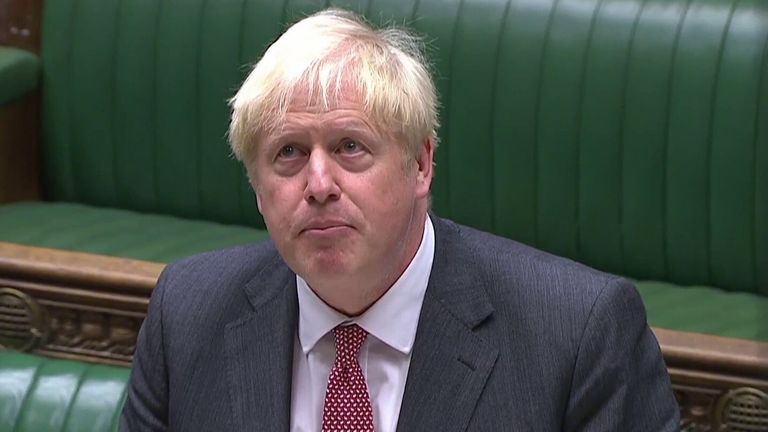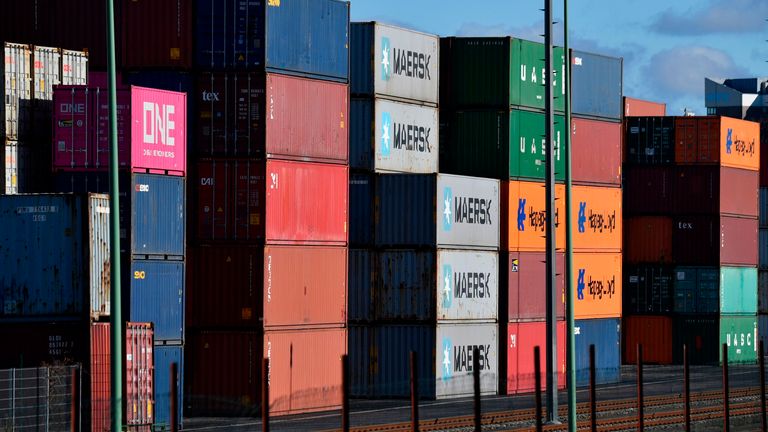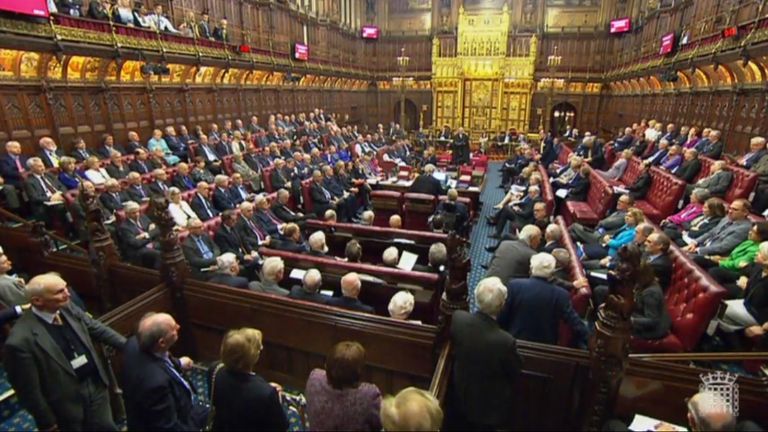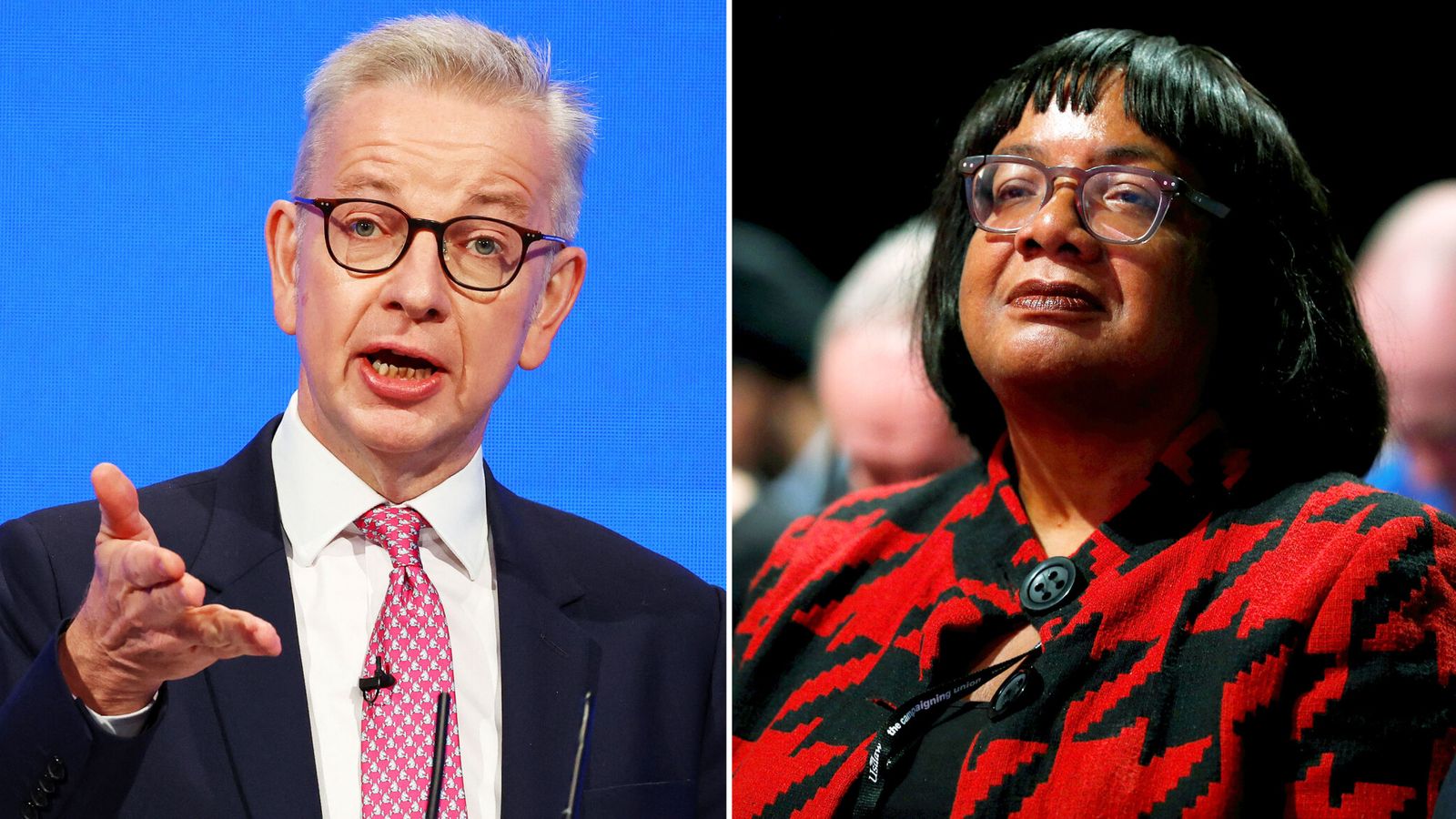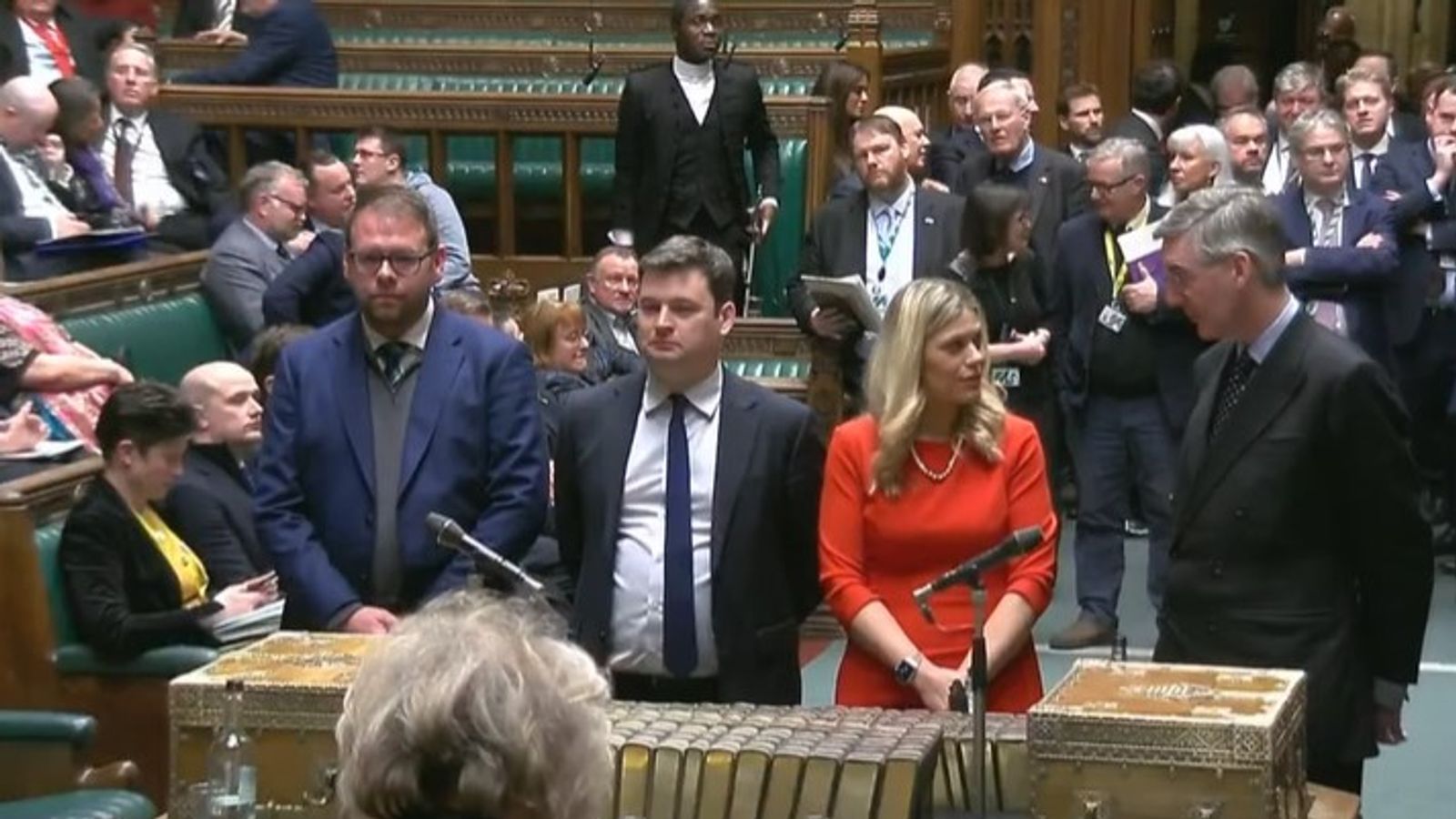Peers have been warned by the government not to block its controversial bid to override the Brexit deal, as an ally of Angela Merkel branded the UK a “despot” like North Korea.
Downing Street turned the heat up on the House of Lords ahead of it debating and voting on the legislation that passed a key hurdle in the Commons on Monday – the Internal Market Bill.
It sailed through thanks to Prime Minister Boris Johnson’s big majority, but dozens of Tory abstained and two voted against the bill.
One Conservative backbencher has threatened to try and amend it because of concerns about a minister’s admission that it breaks international law.
But the bigger showdown is likely to be in the Lords, where even Tory ardent Brexiteers have already expressed their outrage.
Former chancellor Lord Lamont warned it would not make it through parliament’s upper chamber without changes.
And former party leader Lord Howard asked: “How can we reproach Russia or China or Iran when their conduct falls below internationally accepted standards, when we are showing such scant regard for our treaty obligations?”
But Mr Johnson’s spokesman said he “expects the Lords to abide by the Salisbury convention” – a rule that means the House of Lords does not block something included in the governing party’s manifesto.
The spokesman added: “Guaranteeing the full economic benefit of leaving the EU to all parts of the UK and ensuring Northern Ireland’s businesses and producers enjoy unfettered access to the rest of the UK were clear Conservative manifesto commitments which this legislation delivers.”
After months of relative quiet on the Brexit front, the subject has once again risen up the agenda as the deadline looms for the transition period ending on 31 December 2020.
Mr Johnson said his Internal Market Bill was “critical” to ensuring the free flow of trade between all four UK nations.
But it would override the withdrawal agreement he struck with Brussels and passed by parliament last year, leading to at least one Tory resignation and the condemnation of all living former prime ministers.
Outrage has poured in from Europe, too.
Detlef Seif, an ally of German chancellor Ms Merkel, said he used to think the UK was “a state that upheld the rule of law and with which one could negotiate”.
The conservative lawmaker, who is Brexit rapporteur for the CDU/CSU parties in the Bundestag, continued: “But with this behaviour, Britain is joining the ranks of despots and regimes like those in Russia, Turkey, China and North Korea.
“I don’t think Britain wants to be included in that group, but it has earned that classification.”
Downing Street’s latest message to the Lords is not the first time the government has tried to exercise tight control over the upper house.
Under Theresa May’s premiership, senior ministers were sent into the chamber to keep an eye on peers and put pressure on them not to disrupt the government’s Brexit plans.

